Anthem Press
An imprint of Wimbledon Publishing Company
www.anthempress.com
This edition first published in UK and USA 2018
by ANTHEM PRESS
7576 Blackfriars Road, London SE1 8HA, UK
or PO Box 9779, London SW19 7ZG, UK
and
244 Madison Ave #116, New York, NY 10016, USA
Marshall B. Lloyd 2018
The author asserts the moral right to be identified as the author of this work.
All rights reserved. Without limiting the rights under copyright reserved above,
no part of this publication may be reproduced, stored or introduced into
a retrieval system, or transmitted, in any form or by any means
(electronic, mechanical, photocopying, recording or otherwise),
without the prior written permission of both the copyright
owner and the above publisher of this book.
British Library Cataloguing-in-Publication Data
A catalogue record for this book is available from the British Library.
ISBN-13: 978-1-78308-841-6 (Hbk)
ISBN-10: 1-78308-841-9 (Hbk)
ILLUSTRATIONS
Figures
Chart
Table
First, I would like to thank my adviser Professor Dr. iur. Roza Pati for her contributions to my research and scholarly pursuit. Professor Pati, executive director of the LLM, JSD program in intercultural human rights, provided invaluable insight in transnational crimes and the nexus with international law. Without her guidance and persistent help, this book would not have been possible.
I would also like to thank Professor Dr. iur. Siegfried Wiessner, director of the graduate program in intercultural human rights, who initially interviewed and granted me admission to the program. Professor Wiessner was gracious to allow me the flexibility to complete the residency requirements. I will never forget the personal assistance you have provided and the fact that I was the first outside candidate accepted into the program at St. Thomas University School of Law.
During the research and analysis of this project, I met several times with Joseph Gay, assistant US attorney, chief of the appellate section, and Walter Bud Paulissen, assistant US attorney, Criminal Division, Western District of Texas, US Department of Justice. They contributed suggestions, ideas and clarification on jurisdictional issues that are not readily apparent to the average scholarly inquiry. I am indebted to their generous efforts in assisting and encouraging me to complete the book.
In addition, a thank you to Professor Robert L. Summers at St. Marys University School of Law in San Antonio, Texas. Professor Summers introduced me to the various facets of international law and inspired me to grasp the underlying structures of international institutions. His personal interest in my success is invaluable as a mentor, friend and a Brother in Christ.
In appreciation for understanding my long nights at the computer, I thank my children, Laura and Robert. The time I spent away from home and devoted to researching the book was a sacrifice for them. This book would not have been possible without the support and encouragement of my family.
Finally, I would like to thank my parents, Maggie Ruth Lloyd and Ray M. Lloyd, who sacrificed their interest for my success as an academician. My parents could not read at an adult level, but they had the wisdom to ask a neighbor, Douglas Williams, an African American, to point me in a direction to succeed. Douglas moved into the neighborhood during the late 1960s, an era of unrest and social conflict. Despite the obvious differences, Douglas devoted his efforts to ensure I had someone in my life who understood the importance of education. Douglas did everything possible except adopt me as a child and has had my utmost respect as a friend for over 50 years.
According to the UNODC, the three pillars of the agency are
research and analytical work to increase knowledge and understanding of drugs and crime issues and expand the evidence base for policy and operational decisions; Normative work to assist States in the ratification and implementation of the relevant international treaties, the development of domestic legislation on drugs, crime and terrorism, and the provision of secretariat and substantive services to the treaty-based and governing bodies; [and] Field-based technical cooperation projects to enhance the capacity of Member States to counteract illicit drugs, crime and terrorism.
Case in point, the Transnational Crime Convention creates a distinction from domestic crimes, specifying that an offense is transnational in nature if
(a) it is committed in more than one State;
(b) it is committed in one State but a substantial part of its preparation, planning, direction or control takes place in another State;
(c) it is committed in one State but involves an organized criminal group that engages in criminal activities in more than one State; or
(d) it is committed in one State but has substantial effects in another State.
Parties balance their treaty obligations consistent with the principles of sovereign equality and territorial integrity of States and that of non-intervention in the domestic affairs of other States. Signatories are required to adopt legislation that criminalizes acts committed intentionally that involve
(a) either or both of the following as criminal offences distinct from those involving the attempt or completion of the criminal activity:
(i) agreeing with one or more other persons to commit a serious crime for a purpose relating directly or indirectly to the obtaining of a financial or other material benefit and, where required by domestic law, involving an act undertaken by one of the participants in furtherance of the agreement or involving an organized criminal group;
(ii) conduct by a person who, with knowledge of either the aim and general criminal activity of an organized criminal group or its intention to commit the crimes in question, takes an active part in
a. criminal activities of the organized criminal group;
b. other activities of the organized criminal group in the knowledge that his or her participation will contribute to the achievement of the above-described criminal aim;
(b) organizing, directing, aiding, abetting, facilitating or counseling the commission of serious crime involving an organized criminal group.
Thus, a chipping away at sovereignty occurs as nations adopt legislation to implement obligations under the Transnational Crime Convention.
The International Federation of Red Cross and Red Crescent Societies (IFRCRCS) takes issue with UNDOCs lack of affirmative endorsement of harm reduction strategies. IFRCRCS programs aimed at reducing the spread of the human immunodeficiency virus (HIV) support needle exchange programs, noting that

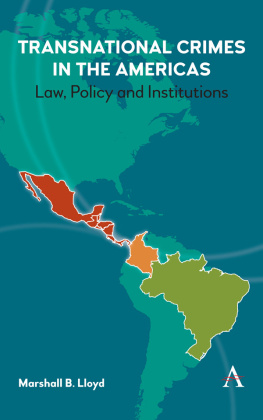
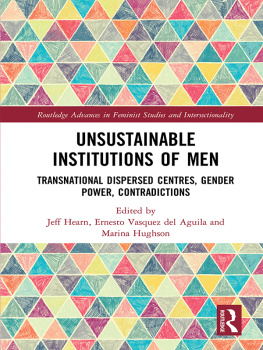
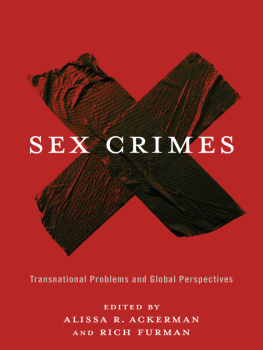
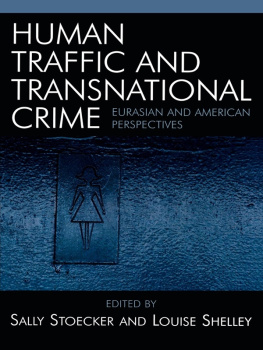
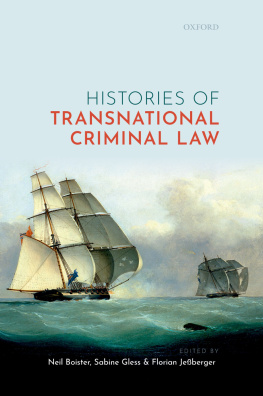
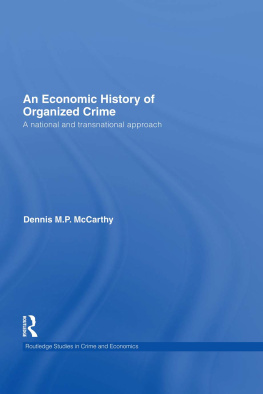
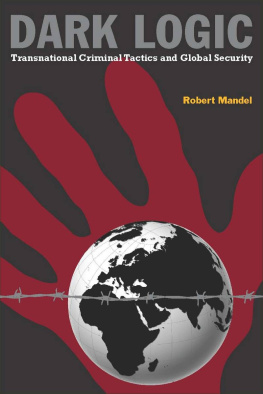
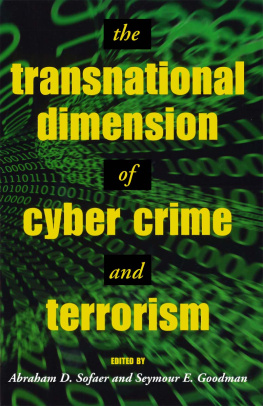
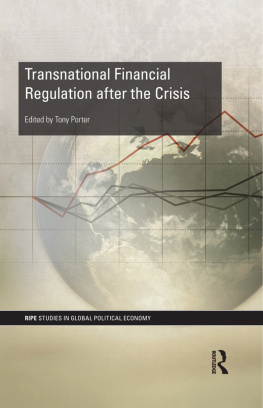
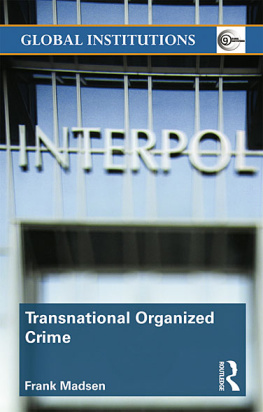
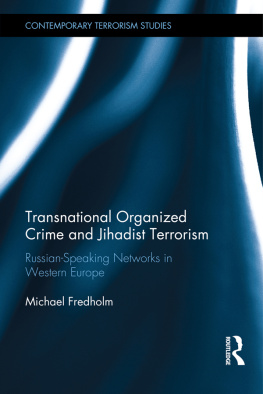
![Reichel - Global Crime: an Encyclopedia of Cyber Theft, Weapons Sales, and Other Illegal Activities [2 Volumes]](/uploads/posts/book/262750/thumbs/reichel-global-crime-an-encyclopedia-of-cyber.jpg)

